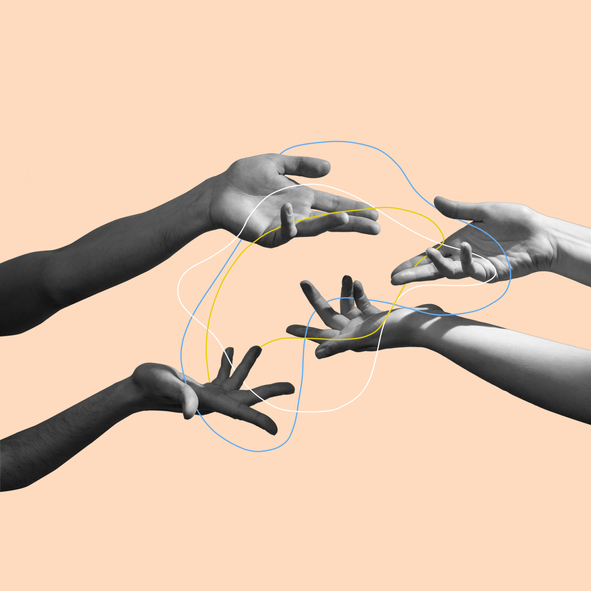The NHS Five Year Forward View pointed out that one in four of us will experience mental health problems, which is the single largest cause of disability. Yet mental health services have for many years been the ‘poor relation’ to acute hospital services for physical health.
There has been a strong drive for commissioners to rethink how mental health services could be commissioned more imaginatively, collaboratively and effectively, and in partnership with people who use services.
The Lambeth Alliance (Lambeth Living Well) is a success story using an alliance contract model. It is a whole-system approach to commissioning, developing and providing services that has co-production at its heart. The support provided helps those with mental health problems to recover and stay well, make their own choices and participate on an equal footing in society.
What is an Alliance Contract model
An alliance contract is a contract between commissioners and an ‘alliance’ of service providers.
Rather than contractors bidding against each other, multiple organisations work together to provide the care and support needs of the community.
All the providers enter into a single arrangement for the Clinical Commissioning Group (CCG) to deliver the service. As a collective, they are legally bound to deliver the specific contracted service, and also share the risks and responsibility for the outcomes. This helps incentivise them to continually review and improve the system as a whole, not just one service within the system.
In contrast, the traditional mental health commissioning model involves working with one dominant provider and separately commissioning and contracting with them and a range of other providers. Performance is linked to individual contracts and organisations. Therefore, expectations and outcomes are not necessarily aligned.
The Lambeth Alliance – a success story
The Lambeth Living Well Collaborative (the Collaborative) is a group of commissioners, providers of mental health and social care services, people who have lived experience of mental health issues and carers who first came together in 2010 in order to start driving change.
They wanted a new mental health system that could:
- Move investment from secondary, to primary and community care.
- Make it much easier for people to get help where and when they need it.
- Focus on people’s strengths and abilities.
- Combine clinical and social support to address the wider determinants of ill health in a holistic way.
Since it was established, the Collaborative has been committed to co-production as the framework for how we work together. Over the years, the Collaborative has supported the co-production of services, including peer support, crisis and supported housing within the community.
The results show that they provide effective, early support to a large number of people as well as significantly improve the lives of those with more complex conditions.
The future of commissioning
Commissioners have been given greater scope to think differently and to experiment with alternative approaches to commissioning and contracting as a way of driving integrated care.
Many CCGs are considering how they can use their commissioning and contracting tools to encourage providers to work together in different ways. It is likely we will see many new contractual models including the alliance contract model.

